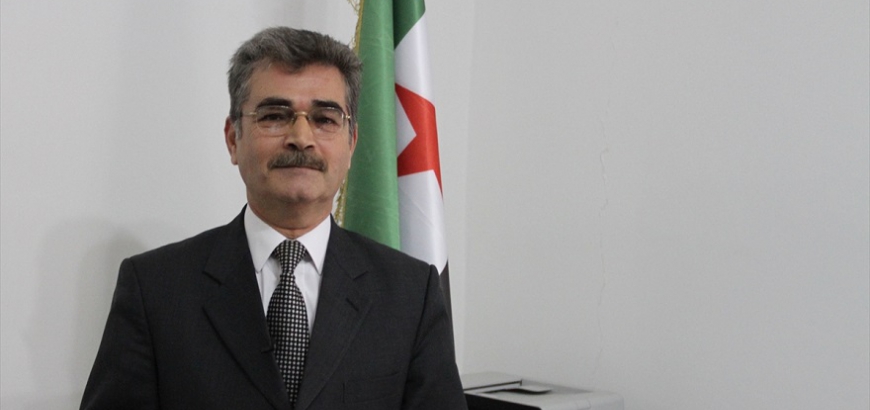The vice president of the Syrian opposition’s interim government, Wajih Juma, said that the upcoming Astana conference at the end of January will lay the foundations for a political and peace solution in Syria.
In an interview with the Turkish Anadolu agency, Juma said that “Turkey has been able to achieve good work in its efforts to declare a ceasefire, which is a chance to protect civilians from killing and ease the return of some to their homes.”
He said, “the Assad regime and the ISIS and PYD terrorist groups are the factions which have stood against this declaration.”
He said, “Turkey is working to preserve security and stability in the region, and for that reason it is working hard for the success of the Astana negotiations which are preparatory for the coming Geneva meetings (at the United Nations headquarters).”
The ceasefire agreement between the Assad regime and the opposition — supervised by Turkey and Russia — went into effect on December 30.
Within that context, Juma said that “the Astana conference will be for the achievement of peace and preparation for a political solution.”
He said the “Turkish political and military influence in the region has risen after the Euphrates Shield operation which they led in their efforts to achieve stability.” He expressed hope that “the administration of American President-elect Donald Trump will contribute to supporting these efforts.”
Regarding the Russian role in Syria, Juma said: “In reality, Moscow was working on bombing the homes of Syrians and killing them, however now it wants to transition from military action to the political process.”
He added that “Russia has not used military force for the sake of the regime but for the sake of their interests. It now wants to impose political superiority in the region, while at the same time it defines itself as a great power.”
He continued, “The Ankara, Moscow and Astana meetings will be followed by a roadmap for a real solution, and the Syrian opposition trusts Turkey as a guarantor in this framework.”
Juma called on both Washington and the Untied Nations to “support the Geneva talks which are expected to be held after the Astana conference.”
If the ceasefire succeeds in Syria in accordance with the Russian-Turkish agreement, political negotiations will begin between the regime and the opposition in Astana, the Kazakh capital, under the auspices of the United Nations, Turkey and Russia before the end of January.
However since the agreement entered into force, regime forces and foreign terrorist militias allied to it have pursued breaches to the ceasefire by striking areas under opposition control.
The United Nations said on December 19 that it plans to begin a new round of Syrian peace talks in the Swiss city of Geneva on February 8, 2017.
This article was translated and edited by The Syrian Observer. Responsibility for the information and views set out in this article lies entirely with the author.


